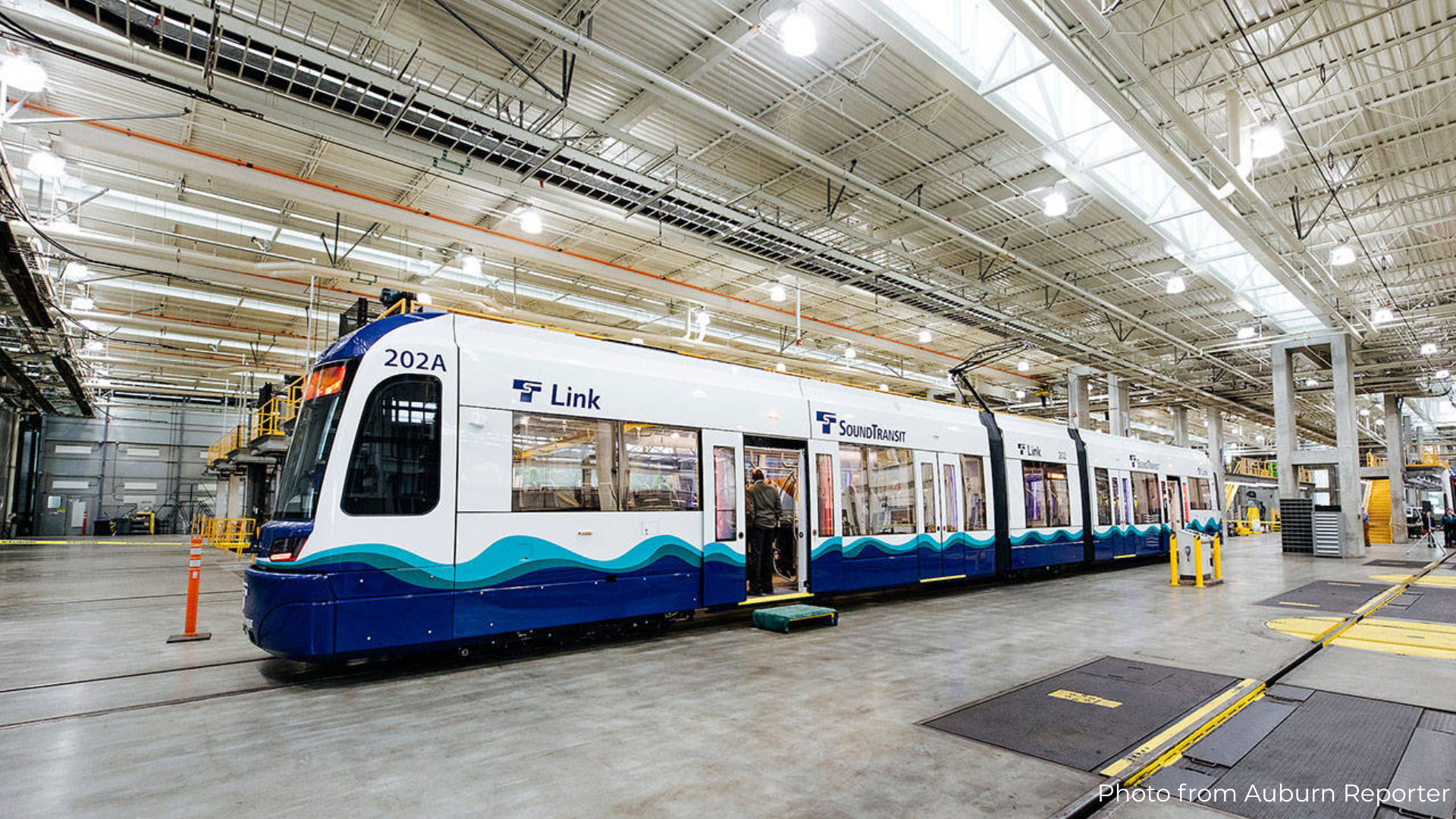Senate lawmakers have passed a substitute version of Senate Bill 5955, which would create a credit program that provides modest car tab tax relief to the public. The new substitute is even more protectionist of Sound Transit than the original.
The new version of the bill includes two notable changes:
- Beginning July 1, 2019 through June 2020, Sound Transit has to allow a one-time credit for car tab overpayments made prior to September 1, 2018. Sound Transit is given authority to develop a system for how to do this alongside the state Department of Licensing (DOL). In other words, the automatic, mandated retroactive credit that the bill used to have (and which Senate Bill 6303 still has), is no longer applicable. Since the automatic retroactive credit is no longer built into the bill, it is likely that Sound Transit officials will add bureaucratic barriers and make it difficult to receive a rebate.
As we have said before, a retroactive credit being built into car tab renewals is key. This change in the bill represents bad policy that supports Sound Transit and places an additional burden on people who should not have to jump through any more hoops to fix the agency's dishonesty.
- Through an agreement with the legislature in 2015, Sound Transit is currently required to pay a sales and use tax offset fee (3.25%) on construction contracts for Sound Transit 3 (ST3) projects (totaling $518 million over time). This money would begin flowing into an account in 2019, and would fund educational services for low-income, homeless, or foster care youth and other vulnerable populations.
The new substitute bill passed out of committee today says that the Sound Transit Board must adopt a resolution affirming they can afford to pay the fee and that doing so will not impact the delivery of ST3 projects. In other words, whether they choose to pay is entirely up to them.
By now, most people are well-acquainted with Sound Transit’s spending habits and do not recall a time when officials opted to provide taxpayers relief rather than protect their own financial interests. Moreover, given that the agency is already hundreds of millions over budget on projects like East Link and Lynnwood Link, the likelihood that they will actually volunteer to pay money, given the option not to, is slim.
Needless to say, this part of the bill also represents incredibly bad policy. Taking money away from promised educational programs for kids and giving it to Sound Transit for light rail is an inappropriate and dishonest use of taxpayer money. This provision is especially surprising as legislators constantly talk about there not being enough money for education, and that we cannot balance budgets on the backs of our most vulnerable citizens. Giving Sound Transit a $518-million reward for overcharging taxpayers, plus the likely $500+ million the agency would save in debt service payments (potentially totaling over $1 billion), erodes public trust.
It is our view that protecting families who are being unfairly taxed is more important than protecting the political and financial interests of a public agency.
Senate Bill 5955 effectively provides taxpayers with some relief in one area, while giving Sound Transit even more leverage in another. This is not real relief. It is the political appearance of relief - and allows this public agency to continue taking the most that they can from struggling families in the Puget Sound region.






